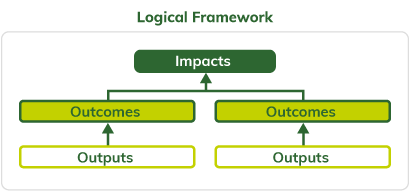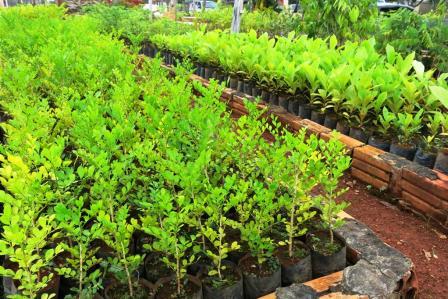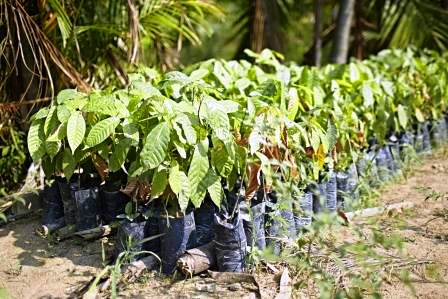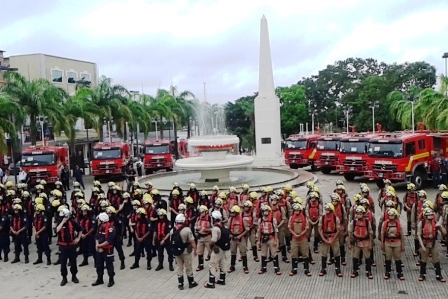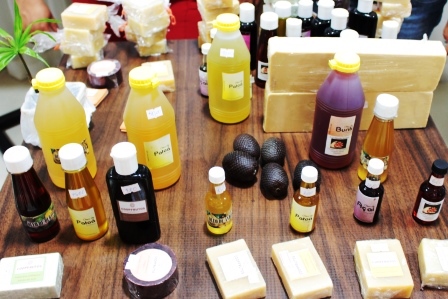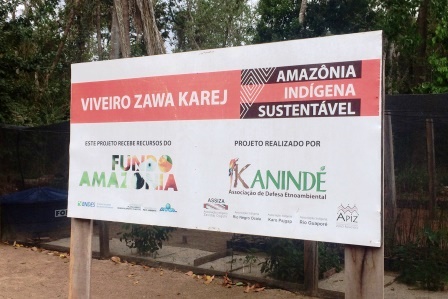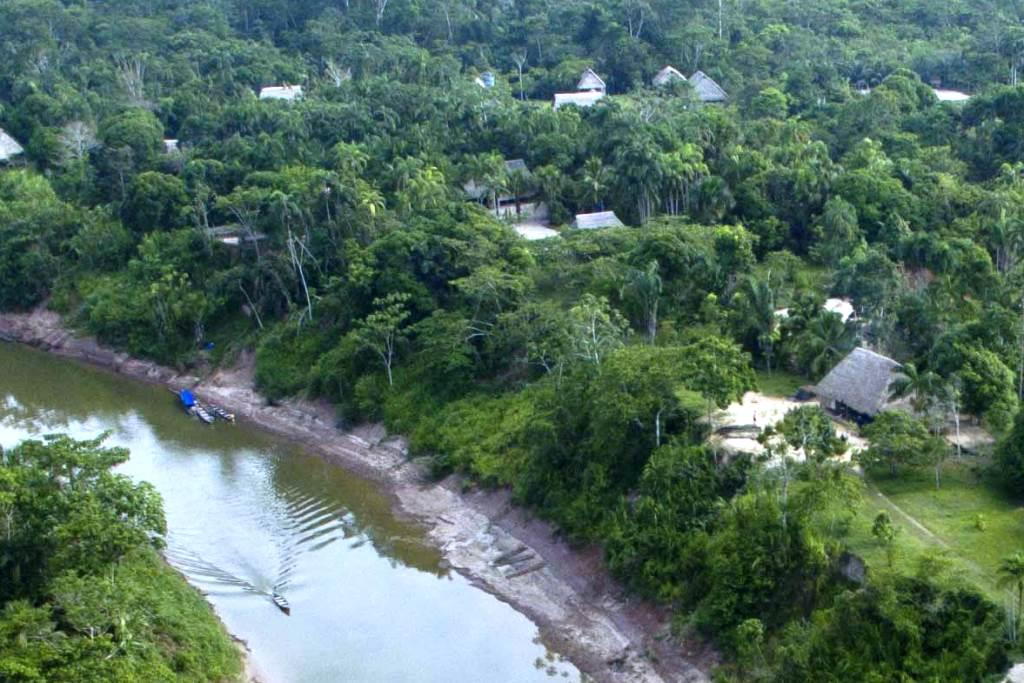Evolution
|
|
| Date of approval |
12.29.2015 |
| Date of the contract |
04.07.2016 |
Disbursement period |
63 months (from the date the contract was signed) |
Disbursement
Disbursement
|
date |
amount |
| 1º disbursements |
06.09.2016 |
R$1,523,298.00 |
| 2º disbursements |
05.16.2018 |
R$15,182,473.97 |
| Total amount disbursed |
|
R$16,705,771.97 |
Total amount disbursed in relation to the Amazon Fund’s support
ACTIVITIES CONDUCTED
A total of 19 research and technology transfer projects were selected through "Internal Call 01/2017 Embrapa/BNDES", aligned with scientific and strategic merit criteria and COFA guidelines, for the dissemination of knowledge and technologies aimed at the recovery, conservation, sustainable use, and family production in traditional communities in the Amazon biome, with total support of up to R$29,991,190.85.
The selected projects were grouped into four arrangements, namely:
- Strand 1: Monitoring of deforestation and forest degradation and ecosystem services – 4 projects;
- Strand 2: Restoration, Forest Management, and Extractivism – 3 projects;
- Strand 3: Sustainable Technologies for the Amazon – 6 projects; and
- Strand 4: Fisheries and Aquaculture – 6 projects
The actions implemented in the midst of the aforementioned projects, linked to community forest management and extraction, were implemented in more than 20 priority municipalities of the PPCDAm and in approximately 30 municipalities of the Territories of Citizenship. Some were supported by digital systems and geotechnologies developed by Embrapa units, enabling agile exchanges of information in support of remote and monitoring analysis.
There were numerous visits and technical meetings, technical participation in the processes of acquisition and installation of equipment, training and awareness events, work meetings, assembly of nurseries, collection and systematization of data, surveys of experiences through community conversations or application of questionnaires, studies, preparation of articles and theses, participation in congresses, requirements with public agencies and preparation of communication products.
It is worth mentioning:
- Expansion to the Amazon biome of Embrapa's mini-libraries, an initiative that aims to disseminate technological information to schools and remote communities in the national territory;
- Development of the Agrotag-VEG16 application module to support actions of the INOVAFLORA Project in the collection and sharing of technical information of the car/SFB and successful experiences of recomposition of altered areas, offering a database that will allow local technicians to assist small rural producers in the regularization of their environmental liabilities;
- Improvement and adaptation of the technology of dehumidification of honey from native bees, in partnership with the Peabiru Institute, which guaranteed the production of the first honey from legalized native bees in Brazil, due to the acquisition of the seal of the Federal Inspection Service (SIF) with the participation of producers from traditional communities authorized by the National Wildlife Management System (Sisfauna);
- Beginning of the dissemination of alternative technologies and native species for the production of aquatic organisms in small tanks, with a shorter production cycle, which can contribute to the economic and environmental sustainability of fish farms in areas of small rural or peri-urban family producers.
Also noteworthy are some numbers:
- 108 technological reference units for the transfer of installed sustainable technologies;
- 106 pedagogical publications, informative results of research, development and innovation (R, D&I) or communication;
- 10 scientific publications (theses and articles);
- 93 new products or technological processes developed for the territories of the biome: 85 results linked to technology transfer actions and eight linked to R&D actions;
- 28 strengthened research and technology transfer networks, which allowed the reformulation of public policies for local territorial development and fostered the expansion of rural extension and technical assistance in areas of the Amazon;
- 314 events (seminars or forums) held with the participation of 7,700 people;
- 275 people trained managerially or technically to develop economic activities for the sustainable use of forest and biodiversity effectively using the knowledge acquired;
- 402 people trained managerially or technically in monitoring deforestation, forest degradation and ecosystem services in the Amazon rainforest effectively using the knowledge acquired;
- 771 researchers and technicians, all employees of Embrapa, involved in PD&I activities established in the region.


